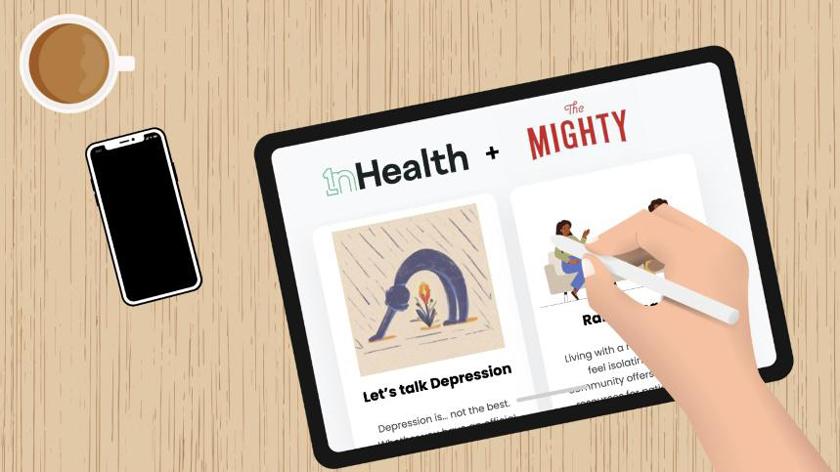So you didn't qualify for that clinical trial. What now?

There's been a lot of talk in pharma circles about making sure that their drug development programmes and clinical trials are patient-centric – but what can be done for people who aren't eligible to participate?
That potentially devastating situation is being tackled through a new alliance between patient recruitment specialist 1nHealth and The Mighty, which sets up health communities around specific illnesses, so patients with lived experience can share their stories.
The two partners have joined forces to route patients who have not qualified to take part in clinical trials to condition-focused communities on The Mighty, so they can access the support of their peers and information that may help them feel less alone.
Trial eligibility criteria are fundamental elements of study design and are put in place to protect patients and prevent participation of individuals who could skew the results, but trial recruiters and managers need to be sensitive when delivering the message that they cannot take part.
"Clinical trials bring hope to patients by exposing them to potentially ground-breaking therapies," according to the two companies. "Thus, it can be especially devastating for patients to learn about a clinical trial and then fail to qualify for participation."
The new process – which has already been offered to almost 1,000 patients in the US – begins when someone clicks on a 1nHealth study advertisement for a specific clinical trial and starts the pre-screening process.
If a patient fails to meet the inclusion criteria for the trial after submitting their details, they are presented with opportunities to engage with communities of relevance on The Mighty, which has more than 3.5 million registered users and communities spanning more than 700 health conditions.
Patients can then join those communities – which range from rare diseases to common conditions like back pain, depression, and Crohn's disease – and be part of the conversation.
Along with emotional support, those conversations might also help them in other ways, such as sharing advice on compassionate access to therapies or signposting other clinical trial opportunities.
"We often see support for patient centricity in a performative way," said 1nHealth chief executive, Dan Brenner. "At 1nHealth, we want to serve all patients, not just the patients who qualify for a study," he added.
"Those who submit their information in pre-screening are clearly looking for help, and we want to be a resource for them even if that specific trial cannot be the solution."












